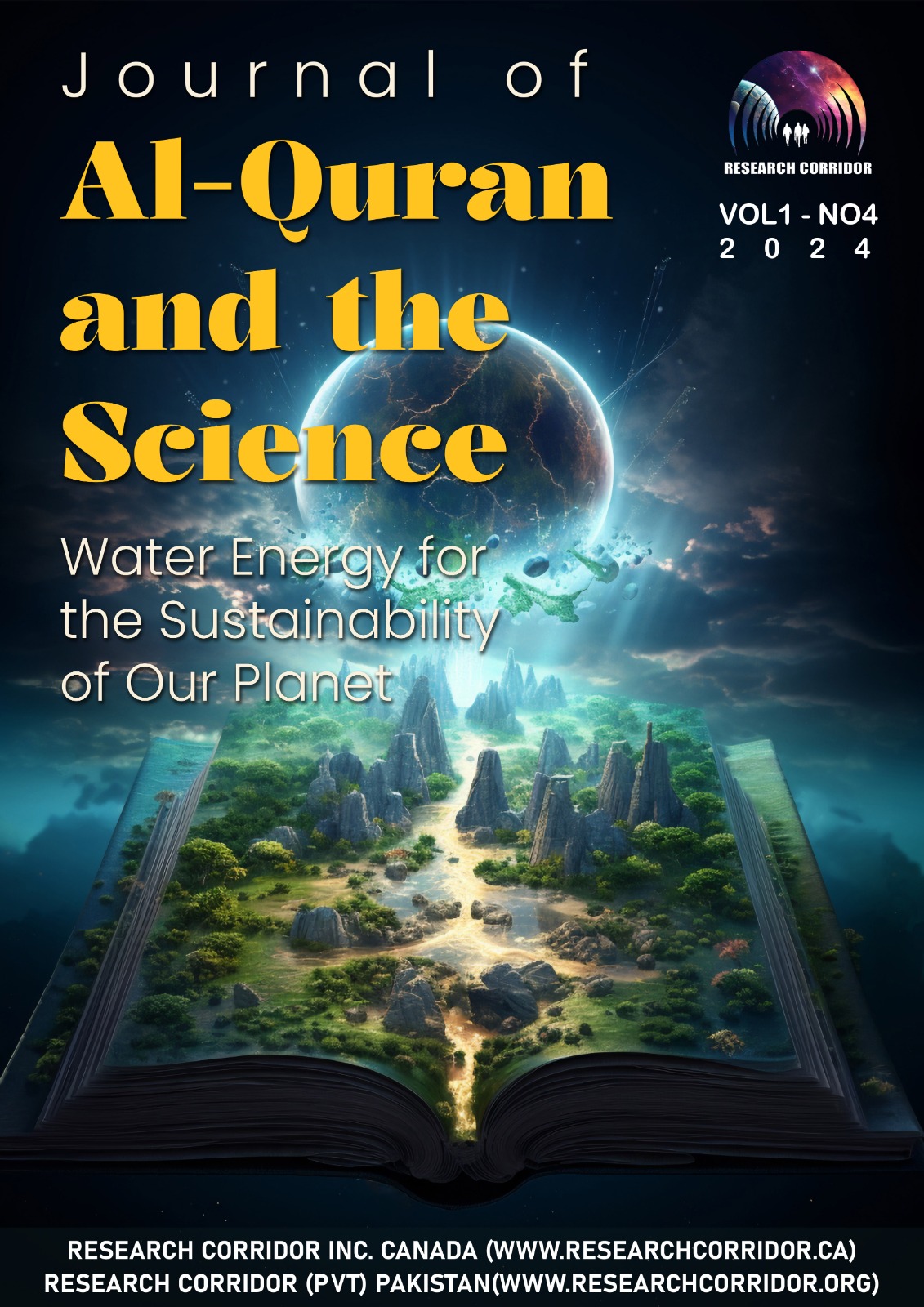Human Dignity and Cosmic Purpose: An Islamic Vision of Universal Harmony
Keywords:
Human dignity, Islamic cosmology, Khilafah, Tawhid, universal harmony, ethical governance, reason (aql), spiritual responsibility, cosmic balance, environmental ethics.Abstract
The Islamic worldview presents a profound understanding of human dignity and cosmic purpose, rooted in the Qur’anic concept of Khilafah (stewardship) and Tawhid (divine oneness). Humanity is positioned as the custodian of the Earth, entrusted with moral responsibility, intellectual inquiry, and ethical governance. This study explores the intersection of human dignity and universal harmony within Islamic thought, emphasizing the intrinsic worth of individuals and their role in maintaining cosmic balance (mizan). The Qur’an affirms that human beings are created with inherent dignity (karamah), endowed with reason (aql), and guided by divine revelation to fulfill their spiritual and worldly responsibilities. Classical scholars such as Al-Farabi, Ibn Sina, and Ibn Rushd integrated philosophical and theological perspectives to articulate humanity’s role in the grand cosmic order. Their works emphasize that intellectual pursuit and ethical living are essential to aligning human actions with divine purpose.





